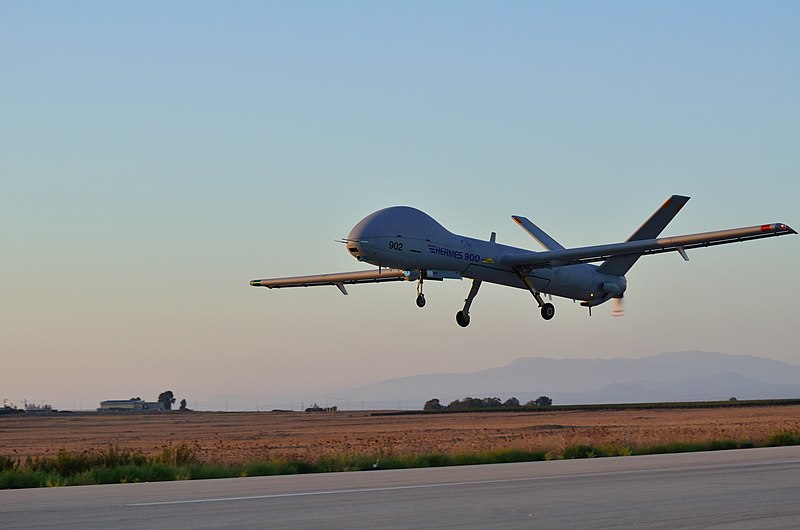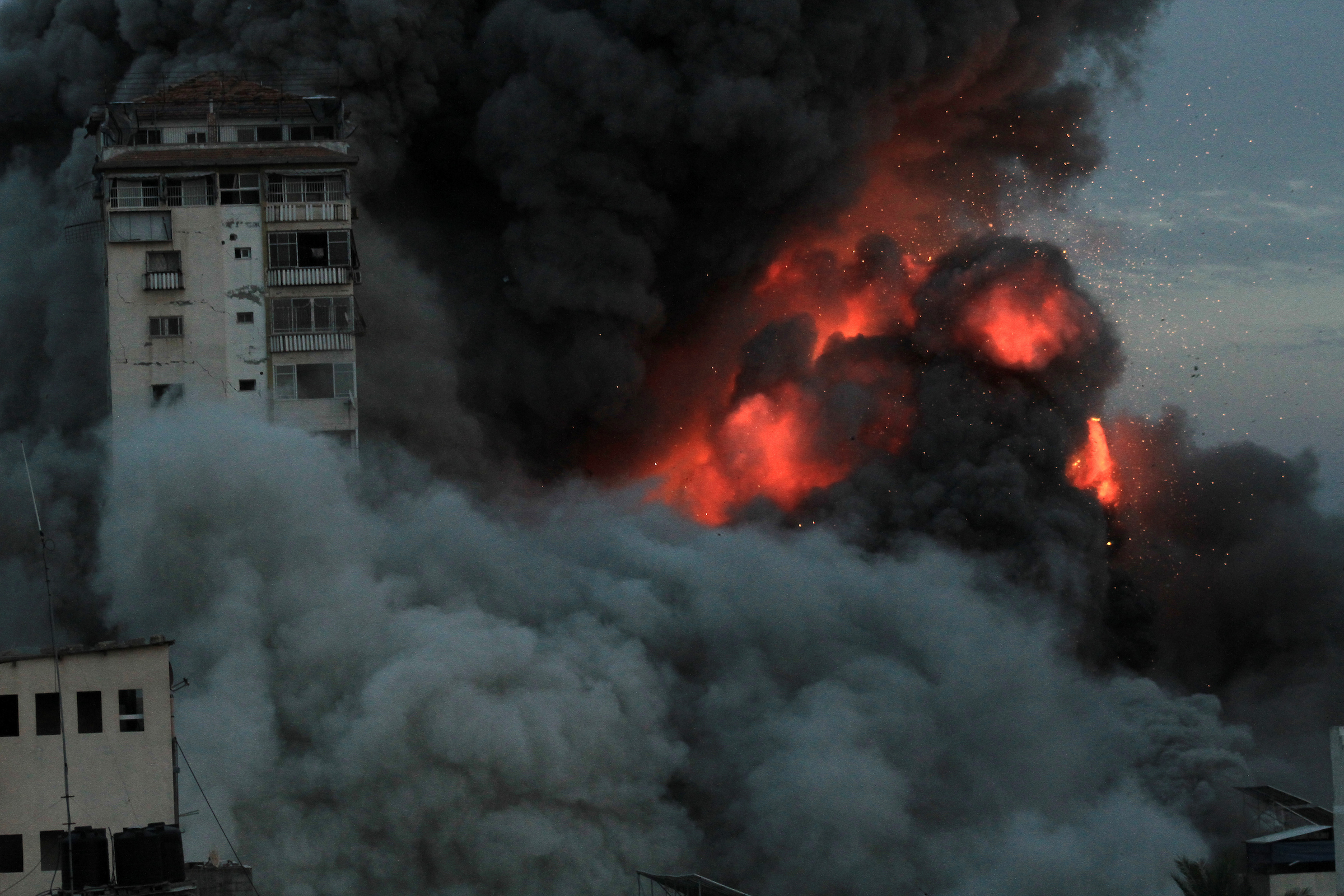In Canada, millions of workers have unknowingly and unwittingly contributed to the ongoing crisis in Palestine over the course of their careers. While some participate in the manufacture of the weapons responsible for the devastation in the Gaza Strip, a concern is emerging from behind the scenes: collective pension fund managers are using Canadian workers' retirement funds to financially support this deadly industry.
The West produces, Israel pulls the trigger
Although the state of Israel is the 99th most populous country in the world, it is also the 13th most heavily armed. A significant proportion of its arsenal is, unsurprisingly, imported from Western countries, including Canada.
A 2009 report by the Coalition to Oppose the Arms Trade (COAT) estimated that some 100 Canadian companies were then involved in supplying equipment to the Israeli army. The Canadian ruling class makes no secret of the fact that it invests in the armament of countless other regimes with dubious human rights records: the scandal surrounding the sale of tanks to Saudi Arabia is just one example.
For example, one of these companies is located in Montreal, in the borough of Saint-Laurent. CAE (formerly known as Canadian Aviation Electronics Inc.), a major player in international military aviation training equipment, has 1,000 employees at its head office and a further 9,000 elsewhere in Canada and around the world. It specializes in the design and production of flight simulators, and Israel is one of its major customers.

In 2011, CAE signed a strategic collaboration agreement with the Israeli army, becoming the main simulator supplier for Aeronautics Defence Systems, an Israeli manufacturer of remotely piloted military airborne "vehicles" also known as drones.
Pension funds add fuel to the fire
That multinationals run by oligarchs are trying to profit from an endless war will surprise few, though some will be surprised by the extent of the involvement of Canada's elites. However, it is the involvement of the country's pension fund managers that may generate the most passionate criticism, as they are forcing workers to be complicit in a campaign of violence which is increasingly understood to be a genocide.
The Canada Pension Plan Investment Board (CPPIB) stated in its 2012 report that its interests in military-industrial companies supplying weapons to the Israeli army amounted to $3.3 billion in both direct and indirect investments. But the Canada Pension Plan (CPP) is not unique. Canada's other major pension plans are partial owners of many of the same companies. In fact, Canada's five largest pension plans have invested $6.5 billion in the 68 companies studied by COAT in another report.
A March 31, 2020, annual report on CPP shareholdings indicated that as of that date, the CPP was involved in at least eight companies which the United Nations identify as violating human rights.
The average Quebec public-sector worker contributing to the Caisse de dépôt et placement du Québec (CDPQ)—whose union is currently on strike for improved conditions—may have sent more than $2,000 of their salary to the Israeli state in the form of military hardware over the course of their career. This estimate comes from data dating back to 2012, which showed that CDPQ had investments to the tune of $1.3 billion in companies supplying equipment to the Israeli Defense Forces. Today, that figure is closer to $1.5 billion.
CDPQ and CPP go to war
If this sum were distributed equally among the 6 million contributors to the CDPQ pension fund, each of them would own approximately $250 worth of shares in the Israeli military industry. Assuming a 10-year timeframe to reach this sum, each contributor pays approximately $15 per year via Quebec Pension Plan deductions and $12 per year via the Public-Sector Pension Plans to Israel's military sector.
Thus, the CDPQ and CPP, like other Canadian pension funds, play a major role in the armament circuit, with their substantial investments in the death industry helping to escalate an imperialist conflict dating back to the First World War. If this reality is already problematic for a hospital orderly, it becomes even more worrying for professionals, for example in CEGEPs, whose contributions could double as a result of rising salaries.
- Trudeau calls for a “humanitarian pause” in Gaza
- Teacher denounces TDSB’s silencing of support for First Nation and Palestine
- Inside the Student Encampments Challenging University Investments in Israel
- B.C. civil liberties group denounces state attack on free speech
- Government of Canada Labels Palestine Solidarity Organization As a Terrorist Entity
- Authors Demand Giller Prize Sever Partnership With Scotiabank
- Understanding the root causes of recent violence
- New groups are changing the face of the Palestinian movement
- Scotia Bank benefits from weapons “battle-tested on Palestinians, Lebanese and Syrians”
- Canadian pension funds exploited to finance violence in Palestine
- How did adopting a controversial definition of antisemitism become a priority?
- “Palestine is in our hearts”
- Canada-wide solidarity with civilians affected by the conflict
- Workers Refuse to Handle Weapons for Israel
- High School Students Walking Out for Palestine All Across Ontario
- The Critical Role of Prisoners
- A conditional freedom of expression?
- ICJ Rules on Gaza Genocide, But Can It Make a Difference?
- B.C. fails to protect free speech, minister’s resignation demanded


